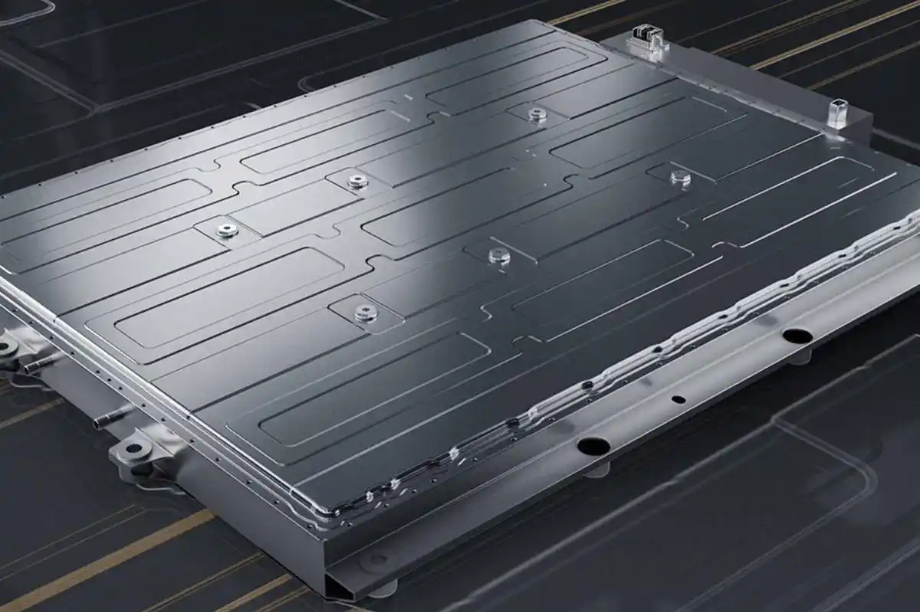The first all-solid-state lithium battery mass production line went into production, ushering in a new era of safe and efficient energy storage
Recently, the first mass production line of all-solid-state lithium batteries was officially put into production. This marks that the 50 ampere-hour all-solid-state battery developed and produced by the company has entered a new stage of mass production.
The innovative breakthrough of solid-state lithium batteries lies in converting the liquid electrolyte inside the lithium battery into a solid electrolyte, which solves the problem of flammability and explosion of traditional lithium batteries, and has the advantages of safety, high efficiency, long life and low cost. This battery can be used in fields such as energy storage and two-wheeled vehicle batteries. According to Zhou Linlu, deputy general manager of Pure Lithium New Energy, through the independent research and development of new organic-inorganic fusion solid electrolyte materials, the solid-state battery cells developed can replace thermal runaway media such as electrolytes and diaphragms, and can be used normally and safely at high temperatures of nearly 100 degrees Celsius. There is no combustion or fire phenomenon at high temperatures of 300 degrees Celsius, and it has passed the certification of the China National Accreditation Service for Conformity Assessment.
In the process of promoting the transformation of innovative achievements from the laboratory to industrialization, Pure Lithium New Energy has completed a small batch trial production in Yizhuang, Beijing. By building a small trial production line and gradually debugging it, it has broken through the solid-state battery cell production process, solved the industry technical problems such as large-scale preparation of solid electrolytes and interface contact stability, reduced costs, and realized the mass production of self-developed products. At present, the target production capacity of the mass production line of pure lithium new energy is 200 megawatt-hours, which is equivalent to being able to charge 200,000 two-wheeled vehicles at the same time. After full production, it can produce thousands of solid-state lithium batteries every day.
